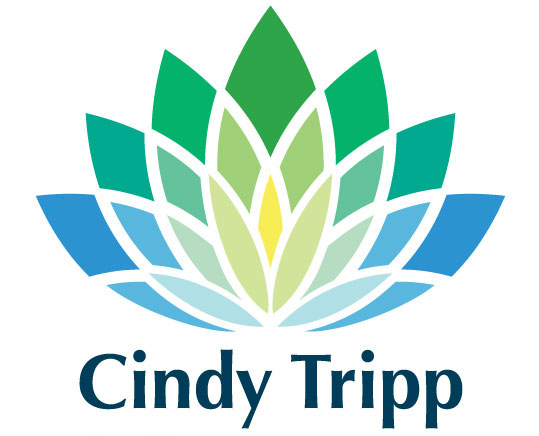Are you and your people fully engaged? A typical reaction is “YES” but in reality many of us are not. If you are multitasking, you may be busy, but you are not fully engaged.
Why does this matter? In today’s world, people are proud of how many things they can juggle at one time. Yet, research suggests that the impact is significantly negative on how well your brain functions. I believe it also impacts how well you communicate and form productive interpersonal relationships at work, making it harder to collaborate.
This stress test of this is globally diffused teams working across time zones, often at the extremities of their day. They are on that conference call, but they are also handing something at home, or responding to emails, etc. They are not fully engaged and they are not fully processing what is happening on the call. The nuance is missed and the opportunity for misunderstanding grows. Rework and needless confusion often follow. Perhaps some of this multitasking is due to the fact that many of the global conference calls today are really just information sharing and thus not that meaningful. So, one action is to rethink how and when you share information that needs to be shared. Still, if you are going to the effort to sign on a conference call, I think it is worth the effort to focus.
We see the benefit of focus and full engagement in design thinking workshops. Creativity flourishes and relationships are strengthened. Time flies; productivity is high. Why? Because people are focusing, listening, valuing and building on one another. Decisions are made and progress happens. Sounds like a great work environment. It is in your hands, if you can just steady them to do one thing at a time. Good luck!
Cindy
Take Action
Watch this humorous 4 minute video (click here) on the conference call (notice the multitasking)
Check out these articles on the impact of multitasking:
Don’t Multitask. Your Brain will Thank You.
The Costs of Multitasking
12 Reasons to Stop Multitasking Now

